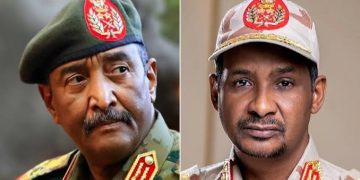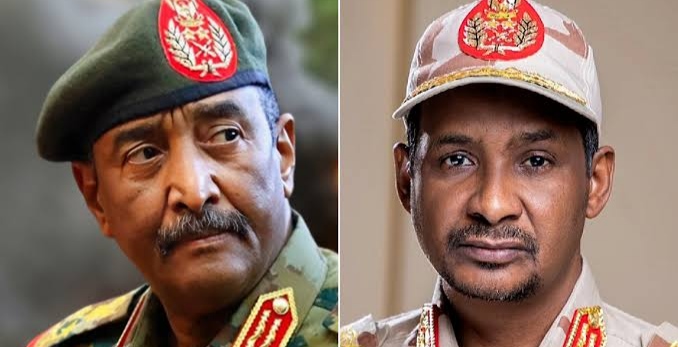By John Ikani
A ceasefire in Sudan that took effect at midnight (22:00 GMT on Monday) has so far remained intact, following at least two other failed attempts at suspending fighting since the conflict erupted earlier this month.
The 72-hour truce between the Sudanese army and paramilitary Rapid Support Forces (RSF) was announced by US Secretary of State Antony Blinken after 48 hours of talks.
The ongoing conflict has led to the deaths of at least 400 people since April 15, prompting UN Secretary-General António Guterres to warn that the violence in Sudan could result in a “catastrophic conflagration” that could spread to the entire region.
Both sides in the conflict confirmed their involvement in the ceasefire, which could potentially allow civilians to leave Khartoum, where residents have been urged to stay indoors due to the ongoing fighting and shortages of food and water supplies.
Key infrastructure, including water pipes, have been targeted by bombings, forcing some residents to resort to drinking water from the Nile River.
Foreign governments have been working to evacuate their citizens, with the UK government announcing its intention to begin evacuating British passport holders and their families from Sudan on Tuesday.
However, some convoys attempting to move people out of the conflict zones have reported being targeted by robberies and looting.
Blinken also noted the “very challenging” conditions in Sudan, which the US is considering returning to, though tens of thousands of people have already fled the country due to the violence.
The situation has been exacerbated by a near-total internet blackout in Sudan, with connectivity at only 2% of normal levels, according to NetBlocks.
The violence broke out in Khartoum after members of the Rapid Support Forces (RSF) were redeployed around the country, which the army saw as a threat, following days of tension.
Since the 2021 coup, Sudan has been governed by a council of generals led by Gen Abdel Fattah al-Burhan and Gen Mohamed Hamdan Dagalo, leader of the RSF, who have disagreed on the proposed move towards civilian rule and the plans to incorporate the 100,000-strong RSF into the army.




































